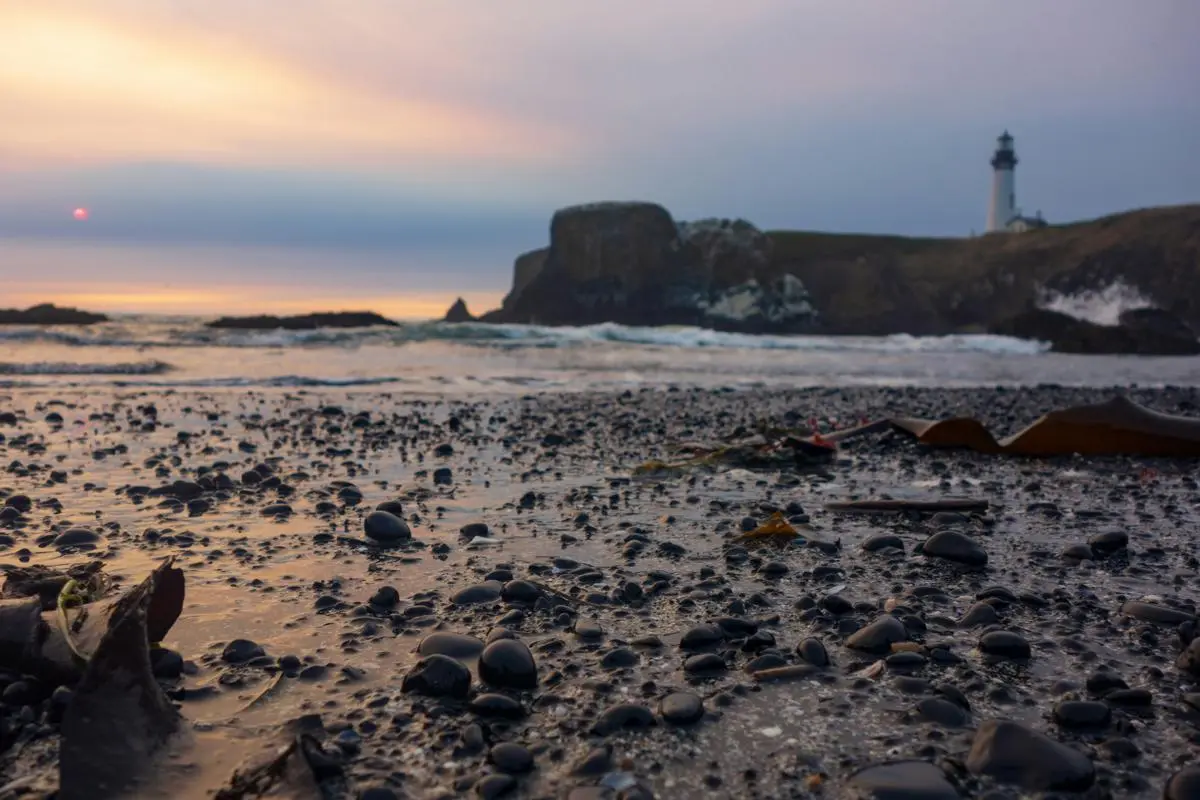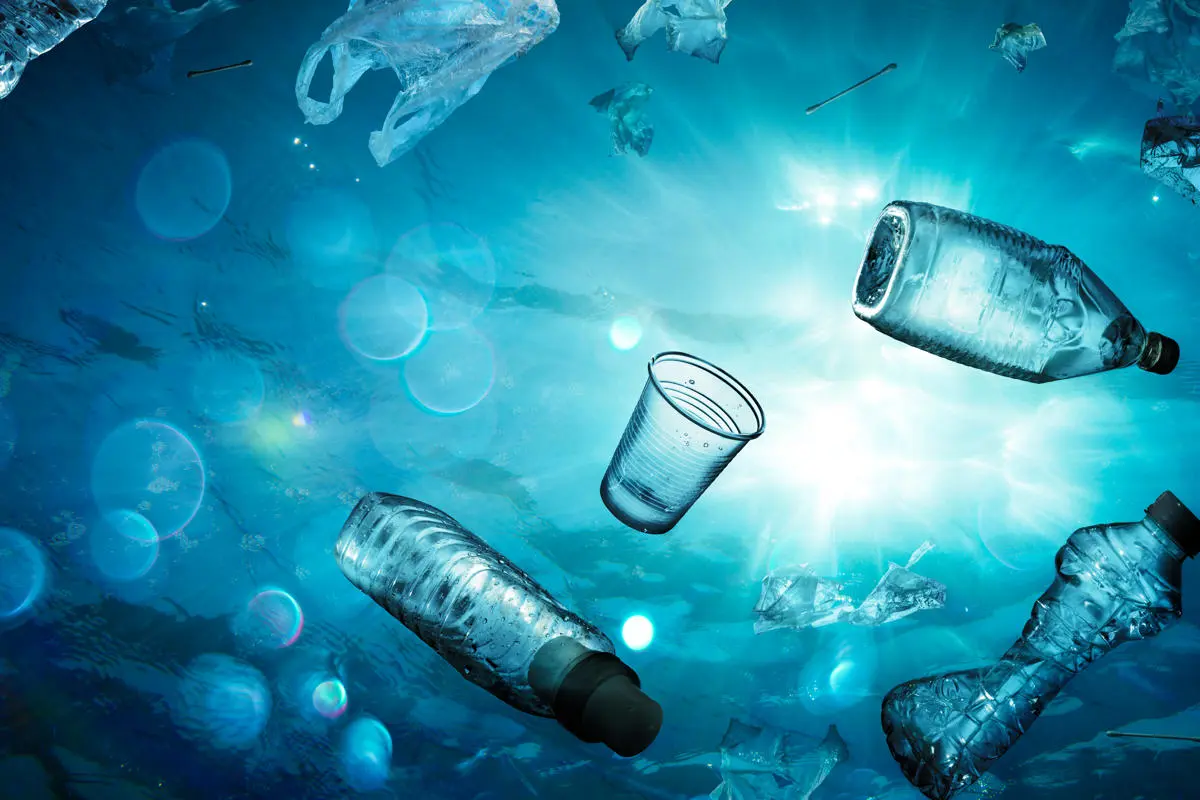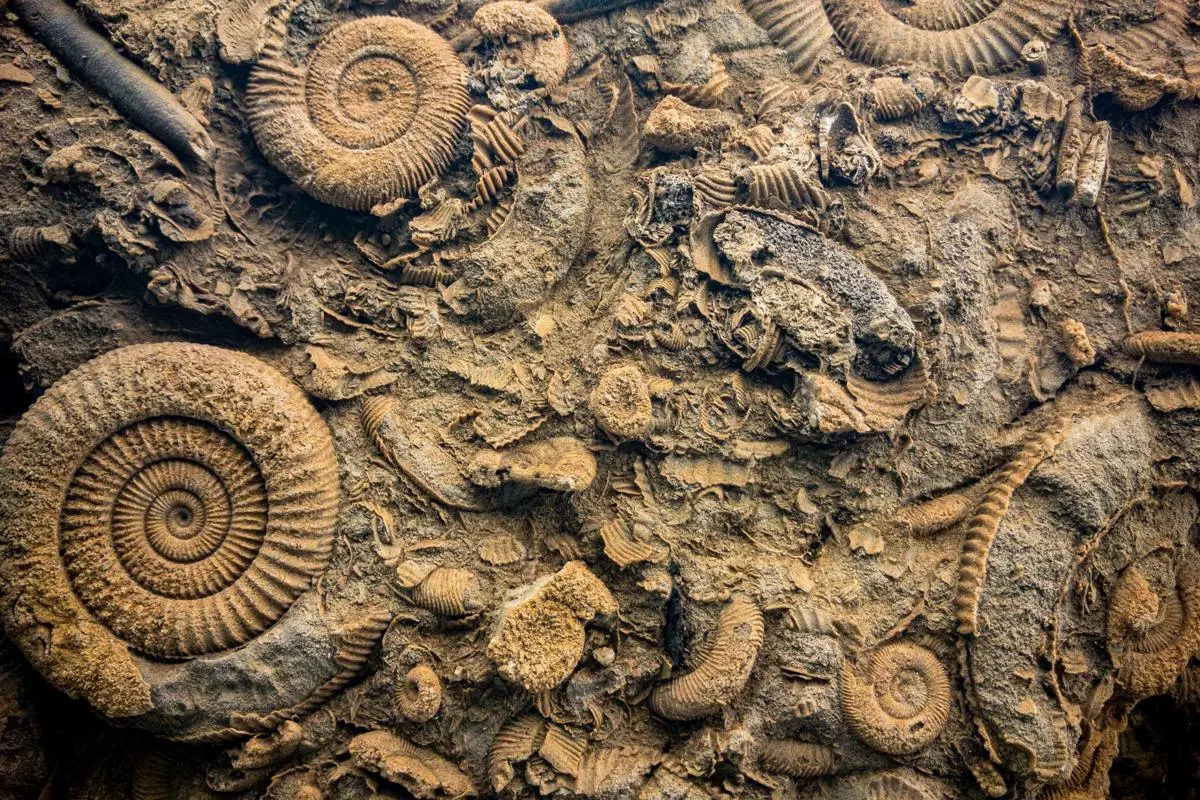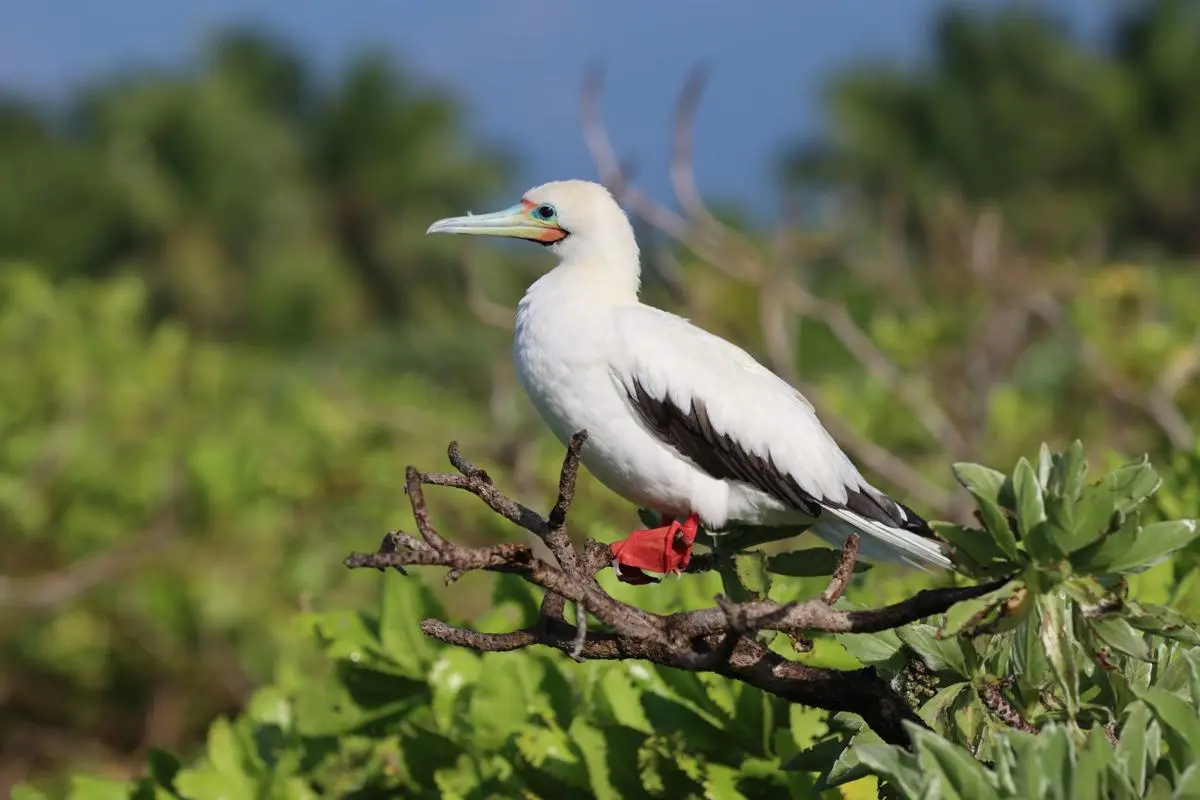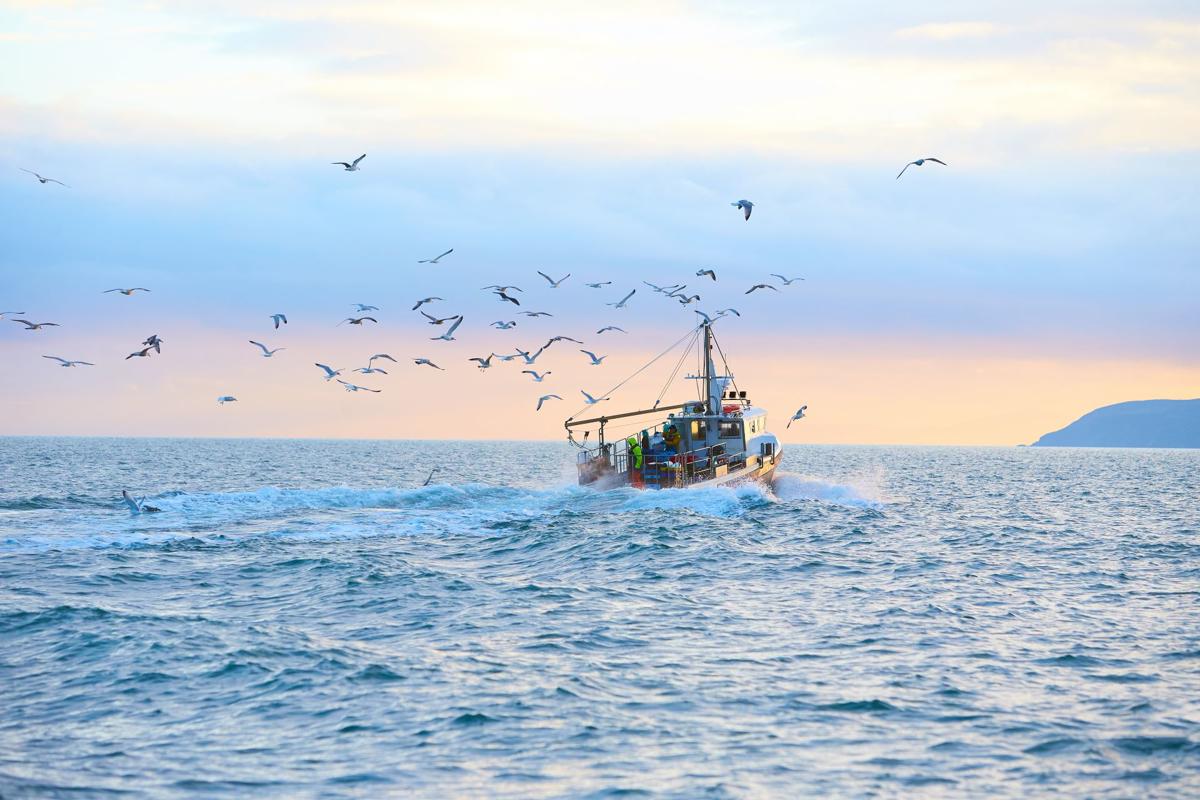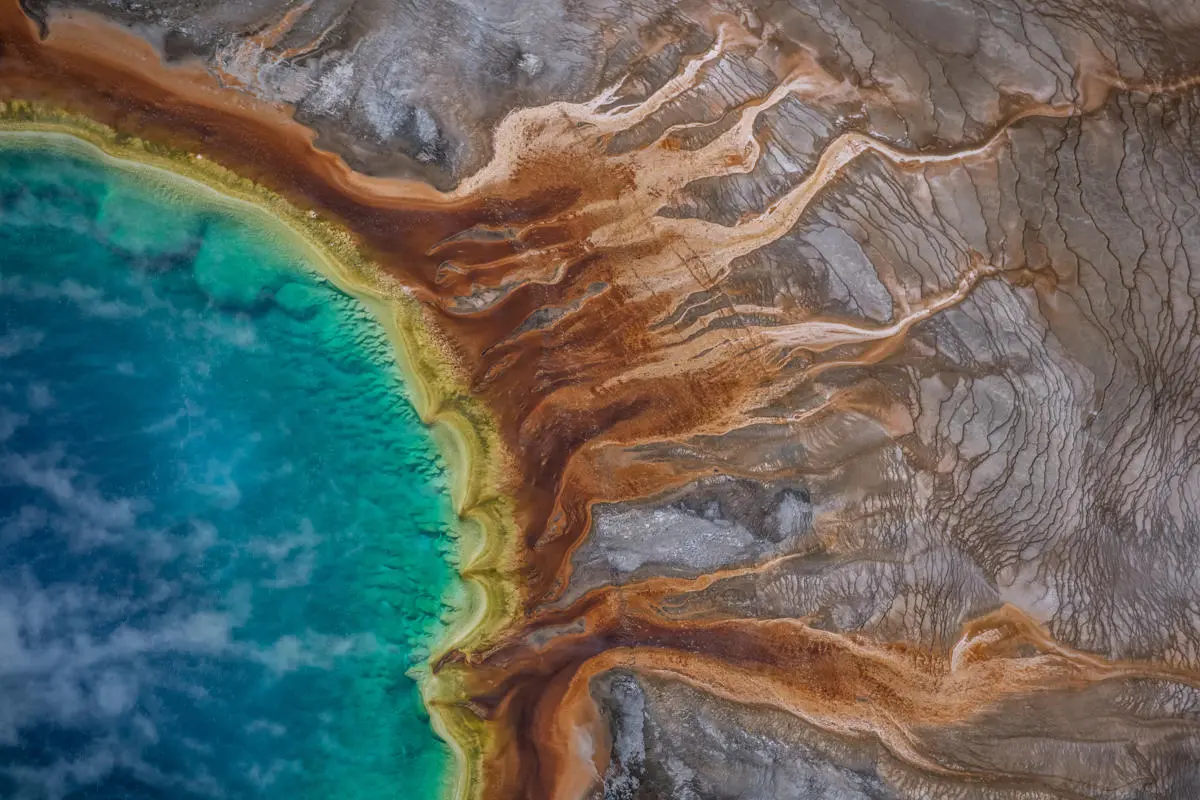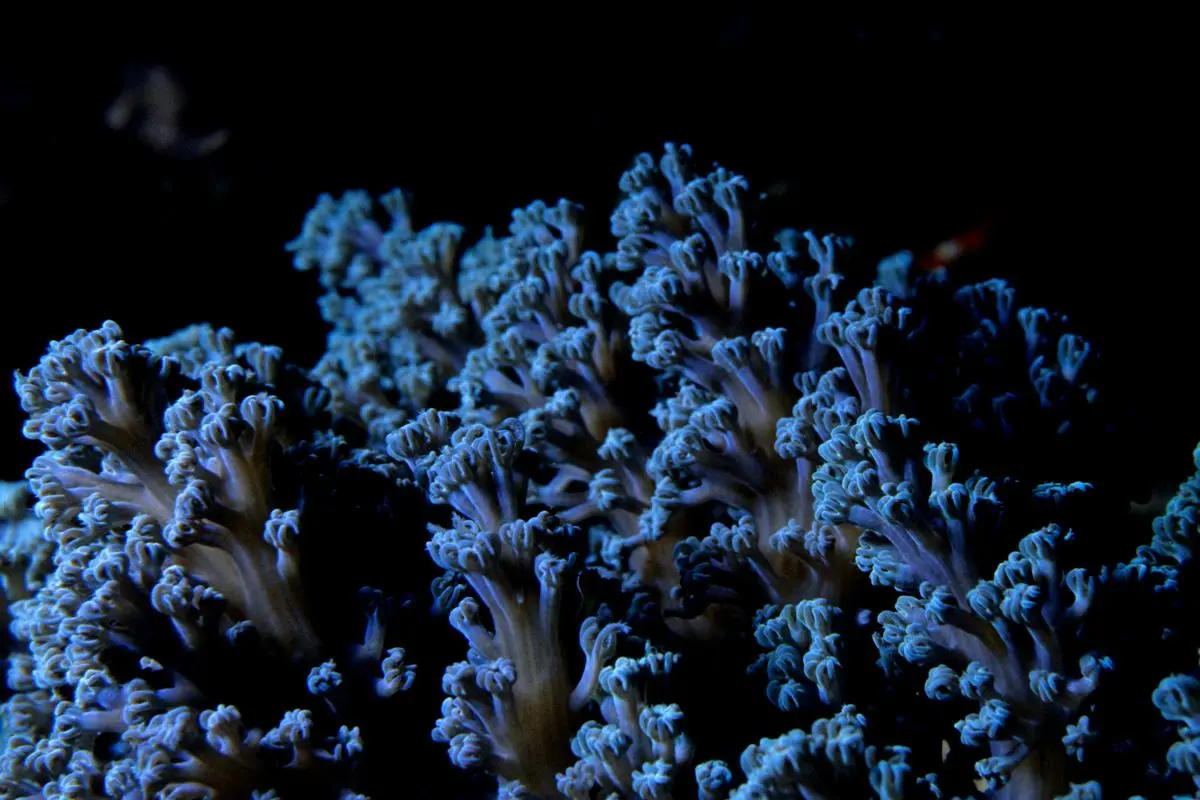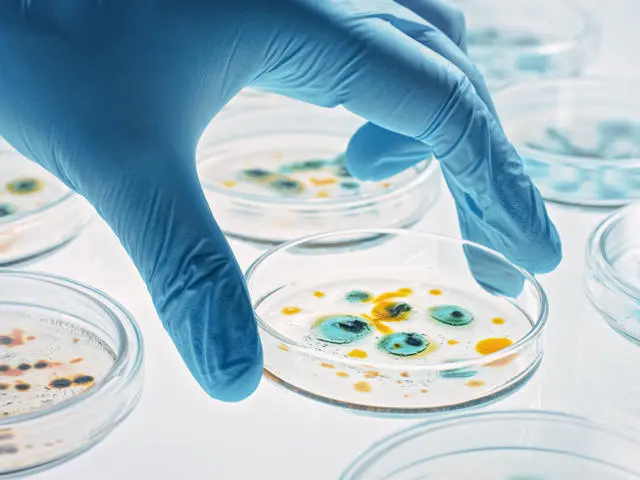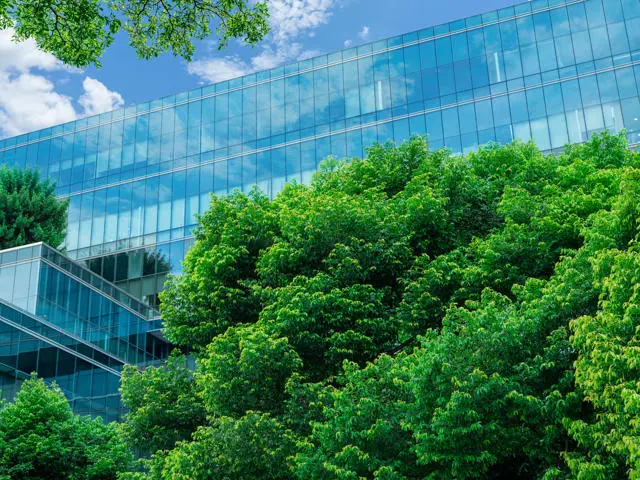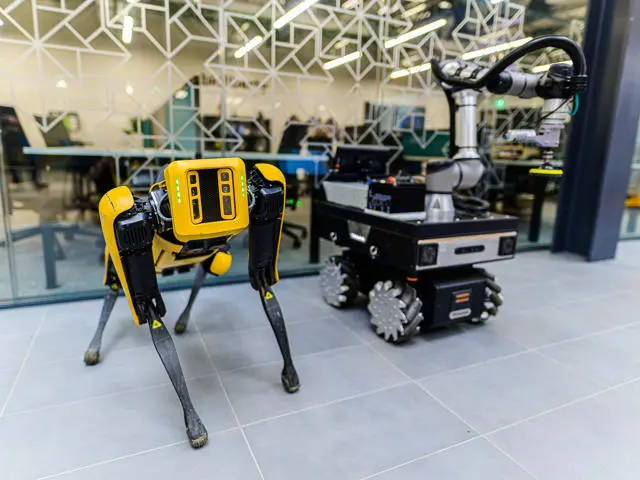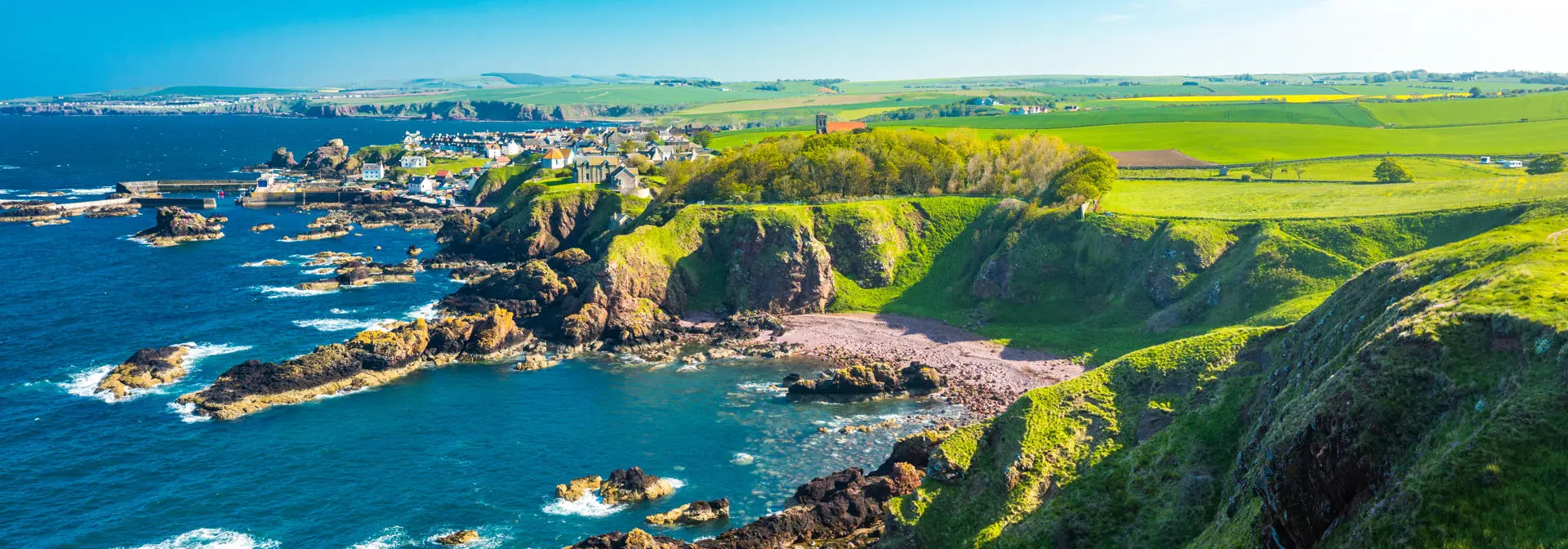
The Lyell Centre
The Lyell Centre for Earth and Marine Sciences and Technology, one of four global research institutes at Heriot-Watt University, brings together expertise in Earth and marine sciences with cutting-edge technologies to address global challenges confronting the planet, nature and people. As a leading centre in these fields, we strengthen Scotland’s research base and contribute to its innovation strategy through socially and industrially relevant research.
Our science spans both fundamental and applied research, using innovative technologies to address global challenges. From the deep sub-surface of the Earth to the surface of our oceans and the catchments of rainforests, from polar regions to the tropics, we are committed to finding sustainable solutions to the grand challenges facing human society and our planet.
By collaborating with business and industry, we develop and implement evidence-based solutions across the Earth's surface, sub-surface, oceans, and atmosphere. Through this research and innovation, we foster transformative ideas and science that transcends traditional boundaries.
Funded by the Natural Environment Research Council (NERC), Scottish Funding Council and Heriot-Watt, the Lyell Centre builds on interdisciplinary expertise to encourage an outstanding science culture. Advanced facilities include biogeochemistry, geoenergy, microbiology and marine ecology laboratories, deep sea research, state of the art aquaria and marine operations workshops.
Research themes, directed by global science challenges, include climate, water, life in surface and subsurface environments; energy from the Earth; risk, hazards and uncertainties. These challenges are adapted as the societal, economic and research landscape evolves and new challenges arise.
We maintain a vibrant research culture with a dedicated community of academic experts and a vibrant early career researcher and PhD student community researching across a wide range of disciplines. We contribute to undergraduate teaching and lead masters programmes in Global Environmental Sustainability and Sustainable Geoenergy
The Lyell Centre team
Find out more about The Lyell Centre team on the Heriot-Watt Research Portal.
Find out moreThe Lyell Centre for Earth and marine sciences
Find out more about Heriot-Watt's global research institute for Earth and marine science and technology
The Lyell Centre - Our Research
Practical insights and research themes
Empowering local communities to shape sustainable futures
Is scampi sustainable?
Coastal futures – beyond growth: novel concepts for sustainable futures
The Lyell Centre stands as a beacon of interdisciplinary excellence, driving forward our understanding of Earth and marine sciences. By fostering collaboration between academia, industry, and government, we are not only unlocking the mysteries of our planet but also addressing global challenges such as climate change and sustainable resource management. The work done here reflects Heriot-Watt's commitment to impactful research that shapes a better future for all.Professor Steve McLaughlin, Vice Principal and Provost
Get in touch
Heriot-Watt’s Global Research Institutes (GRIs) are centres of excellence and collaboration, created to address global challenges by leveraging our global reach, our significant international collaborations and our long-standing connectivity to business and industry.
Professor Richard A. Williams, Principal and Vice-Chancellor
Together, we shape the future.
Since 1821 we have been at the forefront of new ideas and solutions, creating radical innovations that make a difference in the real world. Heriot-Watt has an established reputation as a dynamic facilitator of successful strategic alliances. The University aims to solve problems of real significance to society by excelling in business and enterprise.
